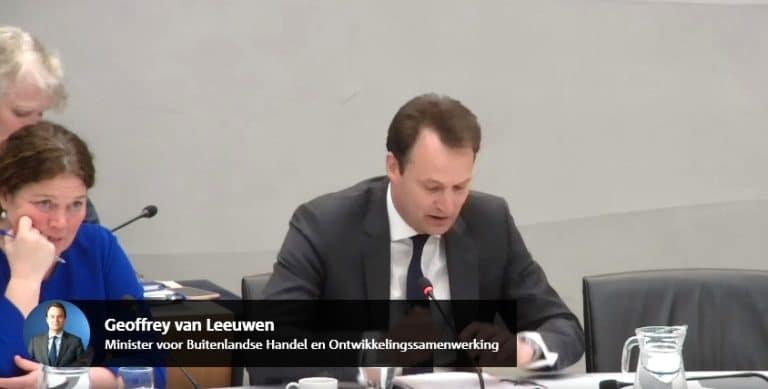Despite efforts to increase the number of trained health workers, Malawi still has a large health workforce shortage. Wemos’ new report on financing for health in Malawi shows that insufficient funding is the major factor contributing to this shortage.
Malawi has only around 0.5 health workers per 1,000 inhabitants. This is in stark contrast with what the World Health Organization has calculated a country needs to realize Universal Health Coverage and the Sustainable Development Goals (SDGs) – i.e. at least 4.45 health workers per 1,000 people. Health workers in the public sector in Malawi are confronted with a lack of essential drugs, equipment, basic infrastructure, and harsh working and living conditions. This leads to low productivity, frustration and a high number of health workers leaving the sector, which in turn undermines the country’s ability to deliver essential health services to its population.
Invest in salaries
Our research shows that recruiting and retaining health workers is the main challenge in Malawi. This calls for new investments in salaries, meaning that there needs to be more public spending for health. Global health advocate Mariska Meurs: ‘Malawi is making efforts to increase spending efficiency and to allocate more resources to health, but the country cannot raise sufficient domestic resources to realize the SDGs in the short nor in the medium term. There is an urgent need for more international funding, and that funding needs to be predictable and flexible so that it can be used to recruit and retain many more health workers.’
Want to read more about our findings? Read the report Mind the funding gap: Who is paying the health workers?




